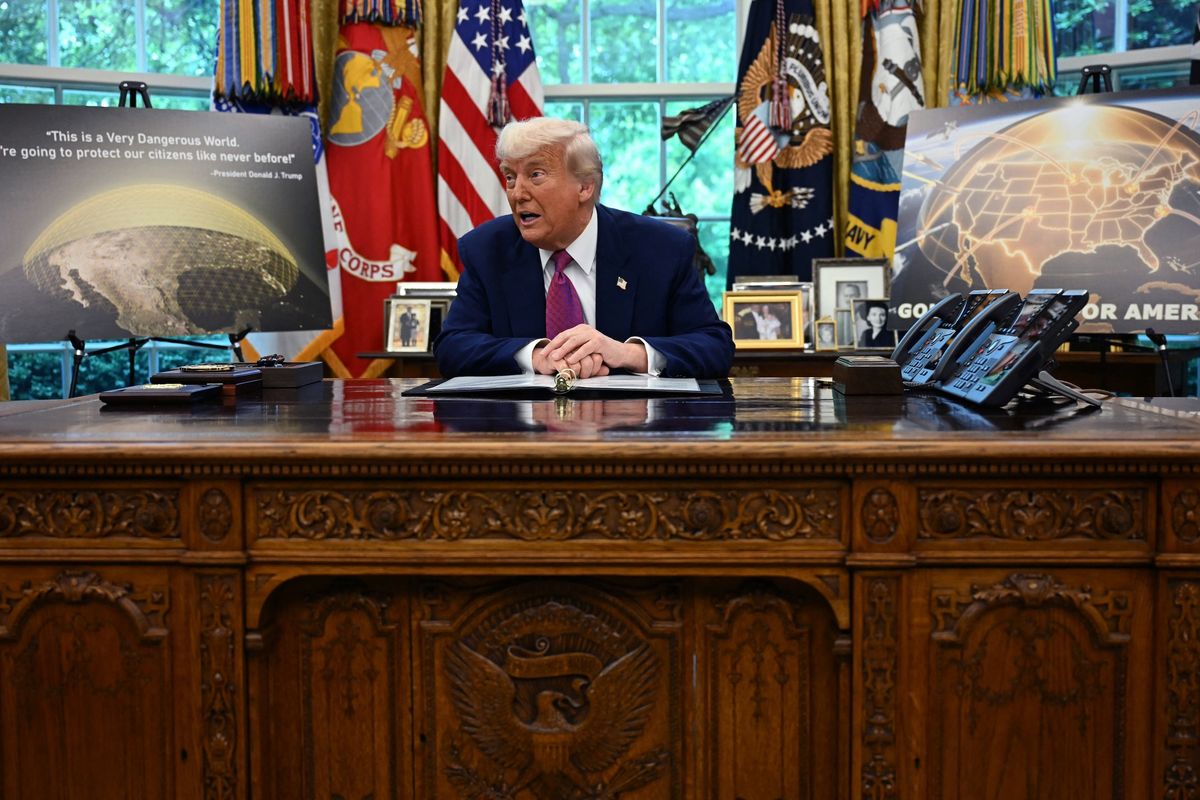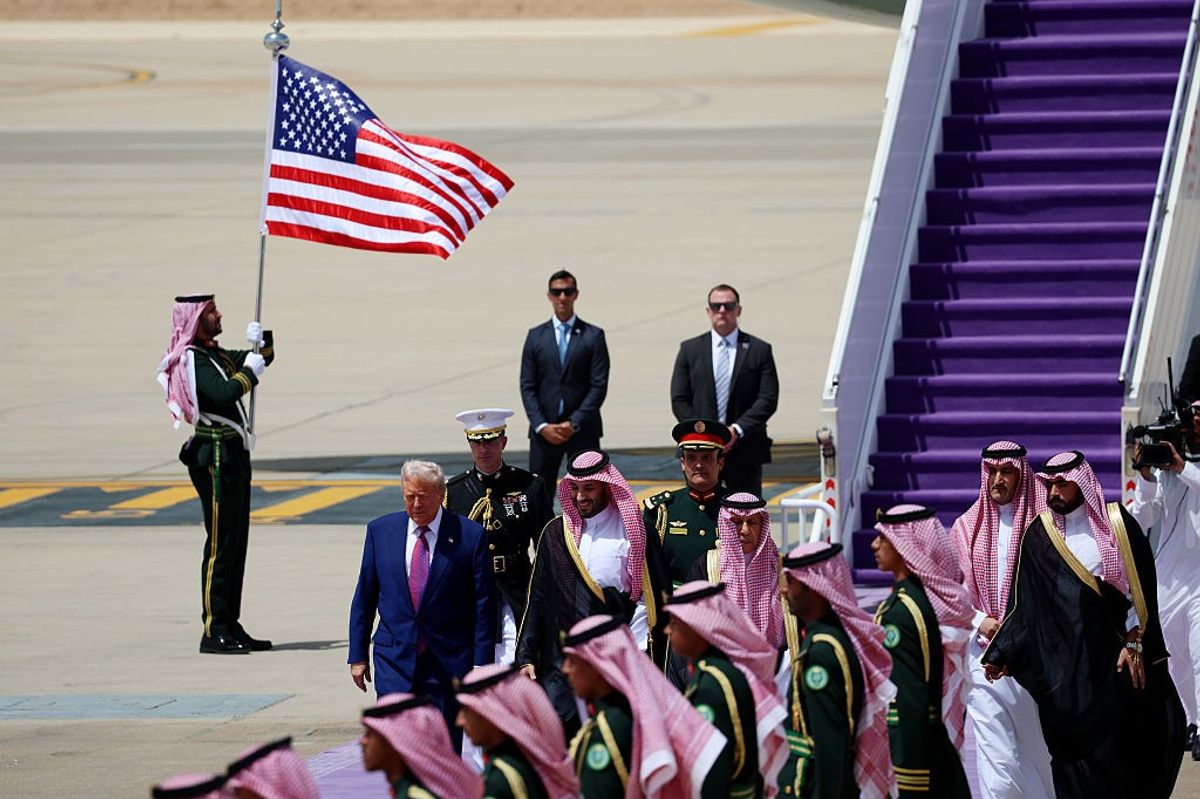The U.S. depends heavily on military and commercial satellites. If a less satellite-dependent opponent launched an anti-satellite (ASAT) attack, it would have far greater impact on the U.S. than the attacker. However, it’s not as simple as that – for the following reasons:
- An ASAT attack would likely be part of a larger, terrestrial attack. An attack on space assets would be no different than an attack on territory or other assets on earth. This means that no space war would stay limited to space. An ASAT campaign would be part of a larger conventional military conflict that would play out on earth.
- Every country with ASAT capabilities also needs satellites. While the United States is the most dependent on military satellites, most other countries need satellites to participate in the global economy. All countries that have the technical ability to play in this space – the U.S., Russia, China and India - also have a vested interest in preventing the militarization of space and protecting their own satellites. If any of those countries were to attack U.S. satellites, it would likely hurt them far more than it would hurt the United States.
- Destruction of satellites could create a damaging chain reaction. Scientists warn that the violent destruction of satellites could result in an effect called an ablation cascade. High-velocity debris from a destroyed satellite could crash into other satellites and create more high-velocity debris. If an ablation cascade were to occur, it could render certain orbital levels completely unusable for centuries.
- Any country that threatened access to space would threaten the global economy. Even if a full-blown ablation cascade didn’t occur, an ASAT campaign would cause debris, making operating in space more hazardous. The global economy relies on satellites and any disruption of operations would be met with worldwide disapproval and severe economic ramifications.
- International Prohibits the Use of ASAT Weapons. Several international treaties expressly prohibit signatory nations from attacking other countries’ space assets. It is generally accepted that space should be treated as a global common area, rather than a military domain.
While it remains necessary for military planners to create contingency plans for a space war, it is a highly unlikely scenario. All involved parties are incentivized against attacking. However, if a space war did occur, it would be part of a larger conflict on Earth. Those concerned about the potential for war in space should be more concerned about the potential for war, period.
Luke Penn-Hall is an analyst at The Cipher Brief.
Keep reading...Show less













